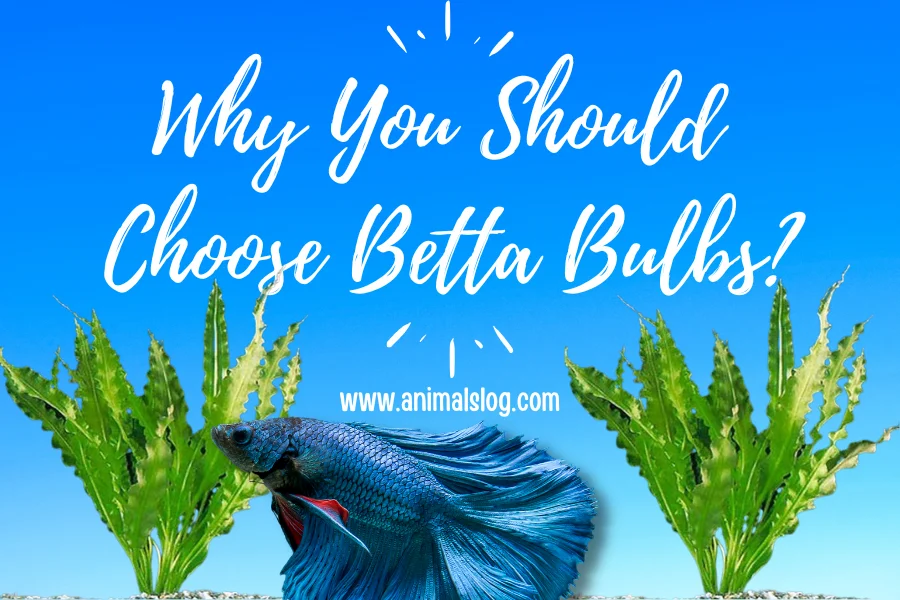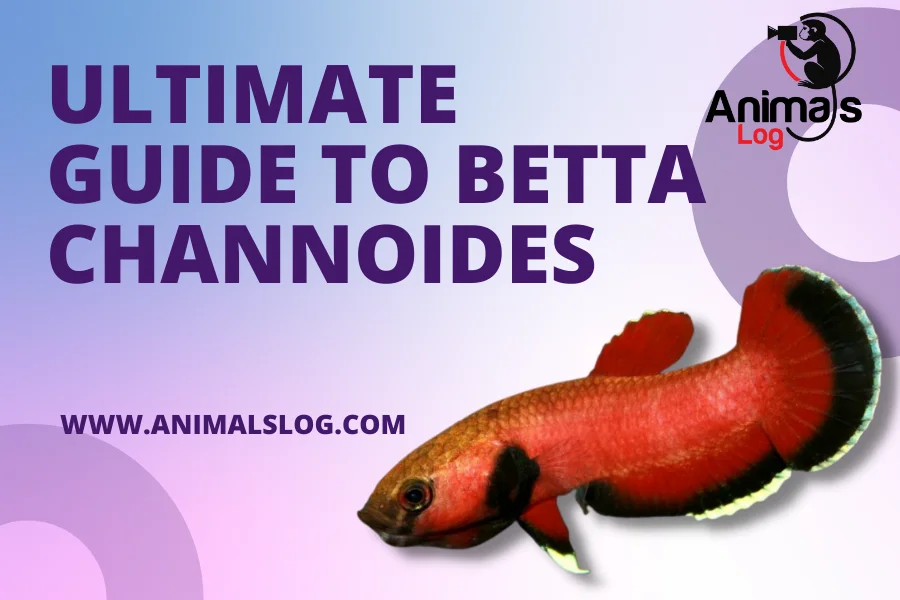Betta fish is becoming the go-to pet progressively for most people out there. Their sensitive but aggressive nature makes it necessary to install plants, live or fake, in their tanks. Plants imitate their natural habitat, therefore making them feel more comfortable. Nonetheless, one must be cautious while doing so because there exist some toxic plants for betta fish that you need to avoid.
Adding plants to your betta fish tank will not only be a great decorative but also will provide shelter to your betta. Betta fish in the wild hides behind the leaves and plants of the water to avoid predatory species or usually to play with. Above all, plants have detoxifying features. They help maintain the balance of the tank environment. Betta also eats a few plants now and then, if they are present.
Nevertheless, some plants can be toxic for your bettas. This does not mean the plants, when ingested, are toxic. Along with that, some plants release toxins in the fish water. Let’s look into some toxic plants for betta fish that you should avoid.
Toxic Plants For Betta Fish To Avoid:
Betta fish love to hide and nap among plants, so adding some quality shrubs to your aquarium will help it feel more like a typical home for them. Bettas are carnivores who don’t eat flora, so there’s a minimal chance that plants can damage your fish during food decomposition. As a result, plants that leak contaminants into your tank’s water must be avoided.
Here are a few toxic plants for betta fish that you must refrain from installing in your tank.
Peace Lily

Bettas should not be kept with this plant due to their toxic nature. It is one of the most toxic plants for betta fish. They might stop your fish’s lighting requirements. Putting your Betta fish in a Peace Lily container might introduce them to poisonous calcium oxalate particles, which can cause severe stomach issues.
Having the peace flower in a different container could also be counterproductive. It may graze on the roots of the peace lily if there is a food shortage. Another factor that causes Bettas to perish in a Peace Lily vase is the absence of an exposed water surface where the fish may breathe. Bettas find it challenging to float around due to the excessive expansion of Peace Lily plants.
Hygrophila balsamic

The boggy plant Hygrophila balsamica is typically found in the Indian subcontinent. It has always been acknowledged when it comes to aquarium plants, but enthusiasts have lately become lesser interested in it. This plant is toxic to fish life and crustaceans, and its base, leaflets, and branches will discharge harmful compounds into the water when submerged.
When Hygrophila balsamica is buried for an extended period, it stops becoming hazardous. As a result, once submerged development is achieved, they could be deployed without trouble. Because Hygrophila balsamica is an uncommon plant that isn’t highly demanded and available in pet stores, you may not be able to find it. Hence, this plant can be considered as one of the toxic plants for betta fish.
Water Lettuce

Water lettuce seems to be a big flowing plant with enormous round leaves that is commonly found. These leaves are eye-catching and add a lovely touch to any aquarium. It has been proven to reduce nitrate contamination in fish tanks. However, Water Lettuce contains hazardous calcium oxalate particles that, when taken, can have serious medical and wellbeing consequences.
As a result, even nibbling on plant roots might be detrimental to your betta fish. Water lettuce is also a very incredibly quickly spreading plant that expands swiftly across the surface of the tank water. The amount of dissolved oxygen in the water will ultimately decrease as a result of this. Therefore, this plant satisfies all the features of toxic plants for betta fish and should be avoided.
Water Hemlock
Water Hemlock is among the most toxic plants for betta fish and is found growing alongside sources of water all around. Cicutoxin, a stimulant that destroys the central nervous system, is found in this shrub. Because it possesses cicutoxin, which can induce severe disease or death, this plant is exceedingly hazardous.
Cicutoxin poisoning causes erratic pulses, disorientation, unconsciousness, and cardiac arrest, among other symptoms. This plant should be shunned at all costs due to its severe toxicity, as well as the fact that it will quickly kill betta. Cicutoxin is found in the highest amounts in the stems of the water hemlock shrub. When water hemlock stems or roots are chopped, the toxin is released into the environment.
Best Non Toxic Plants For Betta Fish:
There are innumerable not toxic plants for betta fish that it can thrive upon and will love as well. Here are a few:
- The jave fern is a simple plant to cultivate and maintain. This plant thrives in the substrate instead of gravel and once established, it should be muddled with as little as necessary. They are fantastic background plants because they can reach a height of around a foot.
- Hornwort may consume contaminants in the aquarium and utilize these waste materials as nutrition for their proliferation, allowing oxygen to be produced. This ensures that your betta does not become ill due to a contaminated environment.
- Dwarf Hairgrass is a flooring plant that is reasonably able to cultivate in a Betta aquarium for a newbie. This plant will swiftly expand across the sediment of your aquarium, creating a rich greenish ground cover.
- Java Moss is the most ubiquitous aquarium flora, and it’s also simple to cultivate. Beneath the water, this plant clings to stones and debris. It gives your betta a safe spot to hide and lets your fish relax.
- The Zostera shrub is a favorite of Betta fish. Because the grass does not harm your betta’s fins or tails, this is an excellent alternative for your betta. Seaweeds and seagrasses are frequent names for eelgrasses. It’s a blossoming aquatic plant with long grasses that give cover for your fish.
FAQs on Toxic Plants for Betta Fish
Can a betta live with a pothos plant?
Pothos are abundant in aquariums even though they are not marine plants. According to fishkeepers, Pothos is a fantastic natural filtration solution for fish aquariums. Pothos does, however, contain calcium oxalate particles, which can be hazardous if ingested.
Can I put a lucky bamboo in my betta tank?
Lucky Bamboo is healthy for your Betta fish tank and is among the list of not toxic plants for betta fish. When partly or immersed in water, Lucky Bamboo can grow as a component of your tank’s ecology.
Are elodea plants toxic to betta fish?
No, they are not. If anything, your betta will enjoy having it around. Above all, it provides oxygen to your betta tank water and removes ammonia. It is easy to manage for a newbie.
Are potato bush plants toxic to betta fish?
Yes, they are. Hence we recommend not to install one of your betta tanks to avoid any sickness to your betta. It is toxic to humans as well.
Can betta fish live with spider plants?
No, they can be toxic for your betta. Some of the species of spider plants include Peace Lily, which we have already seen is detrimental for your betta.
Do plastic plants hurt betta fish?
No, they do not. They are usually safe, provided you use premium quality plastic plants. They do not have sharp edges as well. But we recommend installing a few live plants for better tank conditions. Anyways they are better than installing toxic plants for betta fish.
Final Thoughts:
Staying cautious and knowing all about toxic plants for betta fish is necessary if you consider petting a betta. Live plants are essential and determine how long and healthy life your betta will live. Some people opt for fake plants, which can sometimes be toxic too if the premium quality is not purchased.







